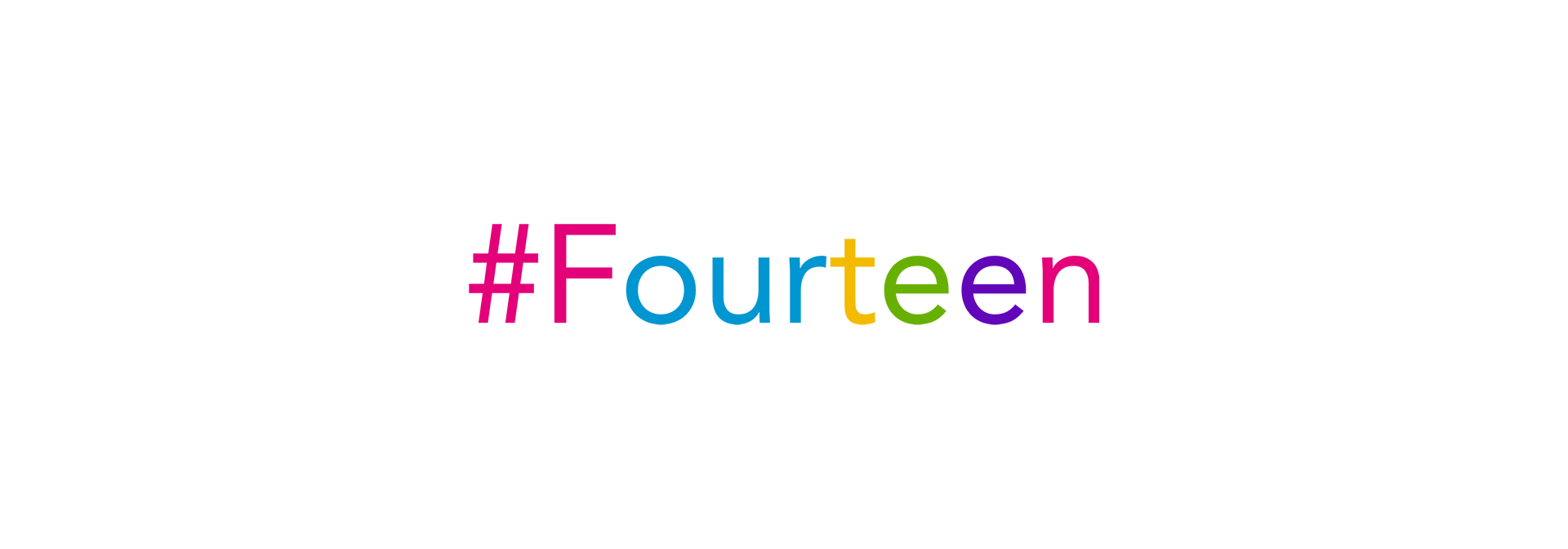Bursary: £12,000 for 6 months starting January 2018
Deadline for applications: midnight 30 November 2017
Interviews: 19 December 2017
This is an artist residency opportunity for disabled artists (individuals who identify as disabled people or have long term health conditions as defined by the social model of disability and/or the Equalities Act 2010) and currently work or would like to develop their practice in the public realm.
We are inviting applications from contemporary UK-based disabled artists with a collaborative/participatory approach to undertake a residency to produce a contemporary art project that addresses and challenges perceptions of disability in Mid Rhondda.
Taking place between January – July 2018, the project will be led by the appointed artist’s practice but must seek to critically engage with the specific context of the Mid Rhondda and with individuals/communities/groups in the area in seeking to address and challenge perceptions of disability. The details of this engagement are open to development and may range from conversations/dialogue to more direct participatory activities. The artist will develop the format and outputs of the residency over an initial Research & Development Phase (January – March 2018). It is expected that the residency will culminate in an event/exhibition/production to share the content/outcomes of the residency, the format of which will developed through the residency and in collaboration with the project partners. The residency activity must take place within the Mid Rhondda area, which includes the areas of Tonypandy, Trealaw, Penygraig, Clydach and Llwynypia.
The artist will be supported and mentored by Addo and Disability Arts Cymru.
For the full brief and details of how to apply, please click here.
This residency is part of the #Fourteen Programme
The Fourteen programme extends the reach and legacy of the Olympic, Paralympic and Commonwealth Games, connecting people and communities and increasing well-being. The ethos and spirit of the Fourteen initiative is community-led and seeks to increase participation in one or more of the following activities:
- Social action and volunteering
- Grassroots sport and physical activity
- Cultural activity and the arts
- Youth leadership and personal development
More about the #Fourteen Programme here: http://springboard-opps.org/?page_id=2725
The Fourteen programme and funding in Mid Rhondda is being managed by Community Foundation in Wales. Find out more here: http://www.cfiw.org.uk/eng/grants/initiatives/FOURTEEN
Definition of Disability
This project will work within the social model of disability. The social model focuses on the economic, environmental and cultural barriers encountered by people who are viewed by others as having some form of impairment, whether physical, sensory or intellectual.
We believe that disability is not caused by the way our bodies or minds work; disability is caused by the barriers in society. For example many of us do not have equal access to education, communication systems, transport, working environments, public amenities. Our lives are often devalued by negative images in films, TV and newspapers. Some of the biggest barriers are in other people’s attitudes – some people may be misinformed or simply prejudiced against people whose bodies or minds work differently.
If the barriers are removed, and we all have full civil rights and full access to society, none of us will be ‘disabled’. Individuals will know if they experience disabling barriers. We do not want to label people, so we focus on bringing down the barriers and removing oppression that disables people..
Although the term ‘disabled people’ can be used quite widely as an umbrella term, the exception is when referring to Deaf people who form the Deaf community and use BSL (British Sign Language) as their first language. Deaf people consider themselves to be a linguistic minority, discriminated against on language and cultural issues. Deaf people do not consider themselves to have an impairment. The Deaf community’s perspective on discrimination may well be quite different to a that of deafened or hard-of-hearing people who have lost their hearing later in life, and whose first language will be spoken rather than sign language (Disability Arts Cymru, 2017).
This residency opportunity is funded by the Community Foundation in Wales through the Fourteen Programme with match funding from Rhondda Cynon Taf County Borough Council and The Millennium Stadium Charitable Trust and with support from Disability Arts Cymru, Rhondda Cynon Taff County Borough Council Arts Development Team and Mid Rhondda Communities First.



Recent Comments